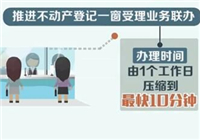Since the beginning of 2018, taxation authorities in Jiangsu have taken active actions to effectively implement various tax incentives and reduce the cost of taxation by enterprises with personalized and customized services so as to further stimulate the vitality of the private economy.
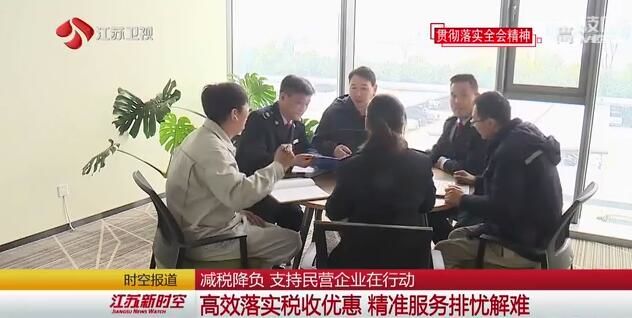
Jiangsu Xinhua is a privately-owned technology-based manufacturing enterprise. The semiconductor grade polysilicon produced by the company has smashed the overseas technology monopoly and promised huge application prospects in the country.
The company, however, has been bottlenecked by the shortage of funds due to its large amount of R&D investment, slowing down the progress of the follow-up projects.
Last July, China introduced a new tax rebate policy, and local tax department took the initiative to help the company apply for a full refund.
Since the beginning of 2018, the province's tax authorities have taken the initiative to implement various preferential policies so that more and more enterprises, like Xinhua, have been enabled to rely on tax cuts to stimulate innovation.
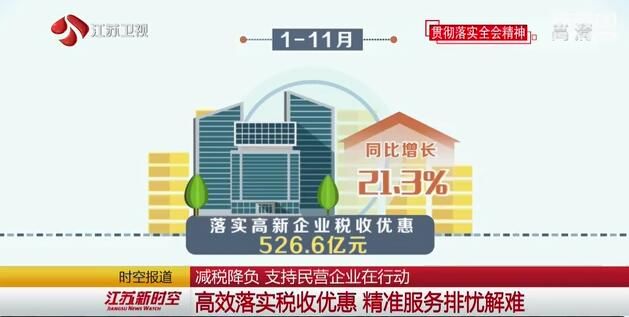
From January to November, the province materialized a tax incentive of 52.66 billion yuan for high-tech enterprises, an increase of 21.3% year-on-year. the tax incentive for small and micro enterprises reached 17.95 billion yuan, a year-on-year increase of 22.8%.
In addition to substantial burden-reduction measures, the tax authorities in Jiangsu are actively optimizing services to help taxpayers solve problems.
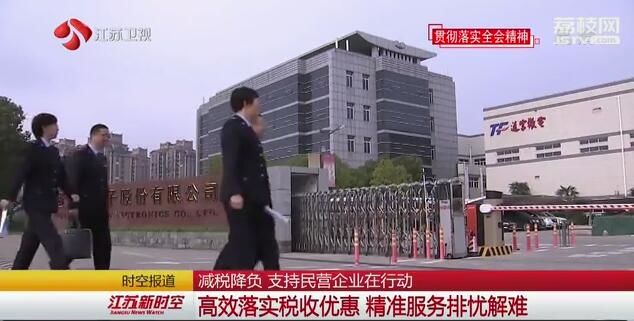
Tongfu Microelectronics, a Nantong-based large private enterprise, is a high-tech enterprise that is entitled to corporate income tax at a reduced rate of 15%.
The process for qualification review every three years, however, is so complicated that it usually takes four or five months. The local taxation bureau took the initiative to help the company go through the formalities in less than a month.
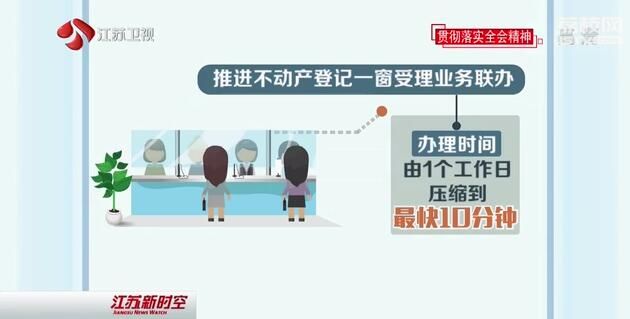
Taxation departments in Jiangsu have promoted high-quality business environment with multiple channels and measures such as distributing 320 million copies invoices, taking the initiative in the country to launch a package service program by integrating 12 taxation items, reducing the time spent on the formalities from 10 days to 4.8 hours and launching joint office for real estate registration to slash the time spent on the formalities from 1 working day to 10 minutes.
Last October, China announced to improve its export tax rebate policy to reduce the business burden and bolster foreign trade.
The current seven tax brackets will be cut to five, and some rates will be raised according to international common practice.
Effective from Nov. 1, the 15-percent bracket and part of the 13-percent bracket will be lifted to 16 percent. The 9 percent notch will be adjusted to 10 percent or 13 percent, and the 5 percent tier to 6 or 10 percent.
In November, China announced to take solid steps to relieve the tax burdens for private enterprises to support better development of private businesses.
The burden of taxes and fees on private enterprises will be further eased, according to a guideline recently released by the State Administration of Taxation on supporting the private sector.
The guideline outlined 26 detailed measures to facilitate the development of private businesses, including advancing substantial tax cuts, especially the reduction of value-added taxes, working on tax exemptions for micro and small firms as well as technology startups, and promoting the reduction of nominal rates for social security contributions.
Measures will also be taken to address the difficulty and high costs of financing for private firms, simplify tax payment procedures and level the playing field for private businesses.
(source:ourjiangsu.com)
